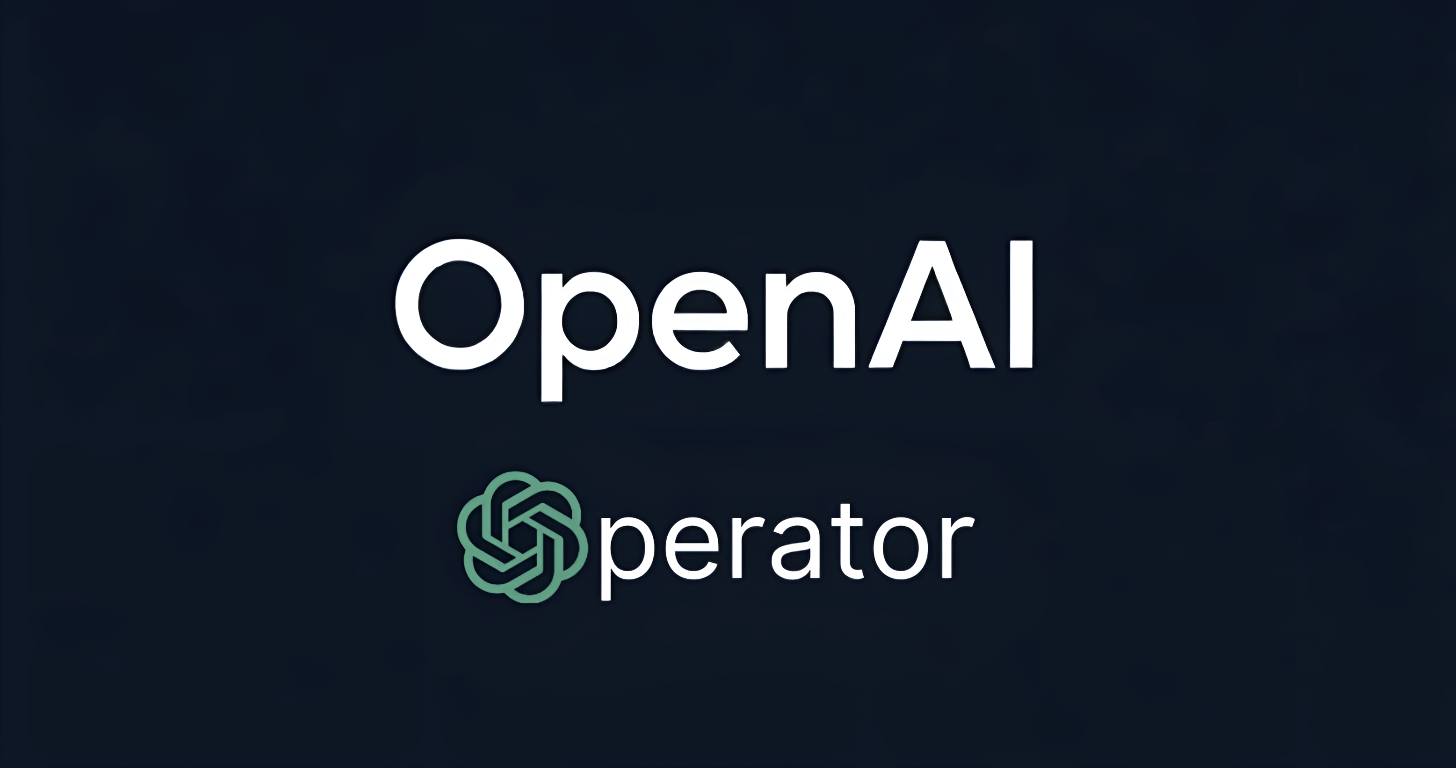AI is brilliant — just ask ChatGPT. Last month, OpenAI launched Operator, its latest tool for US customers. The fanfare was loud, but the real question is: does it deliver?
With businesses increasingly relying on AI for decision-making, efficiency, and customer engagement, the arrival of Operator marks a shift in how professionals interact with advanced models. Instead of typing out prompts, users now have a more fluid way to engage with AI, but is this the strategic masterstroke OpenAI hopes for?
The concept is ambitious, but whether Operator is a genuine step forward or just another tech upgrade remains to be seen. Here’s what ChatGPT makes of its new teammate.
AI in the Fast Lane: Is OpenAI’s Operator Ready for the Big Leagues?
When OpenAI launched Operator in January, it promised to take AI-powered automation up a gear — navigating the web, filling out forms, making purchases, and streamlining digital workflows. Right now, it’s a U.S-only offering, leaving UK and European businesses watching from the stands.
For sports organizations — where data fuels everything from fan engagement to sponsorship activation — there’s more to consider than just access. How does AI-driven automation fit into a world where data security, compliance, and commercial intelligence are paramount?
Data in Play: Where Does It Go?
AI-powered automation like Operator could revolutionize efficiency, but handing over control without clear guardrails is a high-risk play. If the AI handles sensitive commercial or consumer data, where does that information get stored? How is it secured? What’s OpenAI’s liability if something goes wrong?
For rights holders, agencies, and brands sitting on a goldmine of fan data, the wrong AI setup could lead to leaks, breaches, or even IP disputes over who owns the insights generated by AI-driven interactions.
Compliance: The Red Card No One Wants
UK and EU businesses know that GDPR isn’t just a box-ticking exercise — it’s a financial and reputational safeguard. If Operator mishandles personally identifiable information, it could trigger regulatory penalties (up to 4% of global turnover), not to mention legal headaches that no CTO or marketing director wants on their plate.
Then there’s sector-specific compliance. Betting firms, governing bodies, and financial services providers face even stricter data governance rules. If AI automation creates a blind spot in auditing or reporting, that’s a compliance own goal waiting to happen.
Reputation: Fans Don’t Forget
In sport, trust is currency. Fans expect transparency, whether in ticketing, subscriptions, or merchandise sales. If an AI-driven tool causes unexpected billing errors, mishandles personal data, or introduces biases into automated decisions, the backlash won’t stay in the boardroom. It’ll be trending before you can say “crisis comms.”
For sponsorship and PR teams, the risks go beyond direct interactions. If Operator is used to manage brand activations, digital advertising, or influencer outreach, companies need absolute confidence that AI-driven campaigns don’t compromise messaging or, worse, misfire in a way that damages brand equity.
Lost Data = Lost Revenue
For sports organizations using AI to power dynamic pricing, analyse fan behaviour, or personalise content, automation gaps can be costly. If Operator doesn’t integrate properly with CRM platforms, critical insights could slip through the cracks, leading to:
- Missed upsell opportunities in ticketing and merchandise
- Poor audience segmentation for digital campaigns
- Weakened sponsorship reporting (bad news for renewal discussions)
Without a clear feedback loop into business intelligence tools, Operator could be making decisions in the dark — good for no one.
The Final Whistle
AI-driven automation has a role in sports business — but only if it works within the structure of existing data strategies, compliance frameworks, and brand safeguards. Operator is an interesting prospect, but without a clear data governance game plan, it’s a high-risk signing.
For now, sports businesses should treat Operator like a promising academy player: full of potential, but not quite ready for a first-team start.




No comment yet, add your voice below!